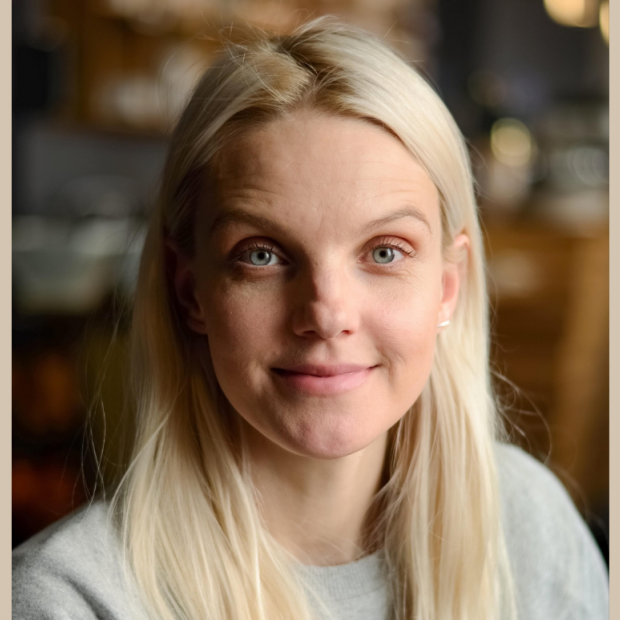Sander Paekivi: The world’s woes don’t stem from a lack of knowledge
Speech given at doctoral degree ceremony on 20 November 2020.

We have gathered here on this beautiful day to celebrate our admittance to the world of science. The trials we have endured in the name of knowledge have made us bright and observant doctors. Nobody can doubt our spirit or determination. Now we are faced with the questions of what we do next and where and how we go about it.
Searching for answers led me to think about how we made it here in the first place. I was reminded of a young man who had only just started university. His wish was to gain new knowledge and thereby to make the world a better place. He learned, and his thirst for knowledge was sated. But did the world become a better place because of it? He did not know.
This thought speaks to all of us. We can embark on exciting research, but it is rare that the results are immediately applicable to life. Even if they are, will they be used with good or bad intentions? How can we make the world a better place under such circumstances?
As doctors, we cannot limit ourselves to asking questions: we must offer solutions as well. I offer the following solution. Namely, our title, ‘PhD’, is an ancient Greek acronym which designates a doctorate in philosophy. Philosophy in its turn is made up of the words philos and sophos or ‘loving’ and ‘wisdom’.
Wisdom is the area of interest we chose for ourselves. The more important part of our title, however, is philos or ‘love’. We aren’t doctors because we are wise, but because we have come to love wisdom.
I sincerely hope we still feel that love despite the tiring journey that is now behind us. What else can we use to combat the lies, fear and uncertain future that plague our world?
These problems don’t exist merely because of a lack of wisdom.
Our love for the world and the patterns hidden in it guided us to our doctoral studies and helped us walk the path at the end of which we are now standing. We walked it alongside many others who supported us in science and outside of it: the cloak room lady who wished us luck in the morning; our study counsellors who helped divide our credits up between semesters; the supervisors who instilled courage in us, despite the rough road ahead; and the family and friends who encouraged us and told us not to give up.
The love and care they instilled in us must now be given back to the world through our work. This love will foster trust, which will become action, which in its turn will lead to a better world.
Ancient philosophers, too, said that action must be taken both physically and intellectually – mente et manu, as the Latin saying goes. But one of my best friends said that ‘love’ is also a verb. I believe that by thinking about things from this point of view, we can find a way to lead science forward and create a better world. Let us not forget love – not in our title, nor in our lives. It gives our actions the right starting point and people their dignity.
Mente et manu, sed ne obliviscaris amorem.
